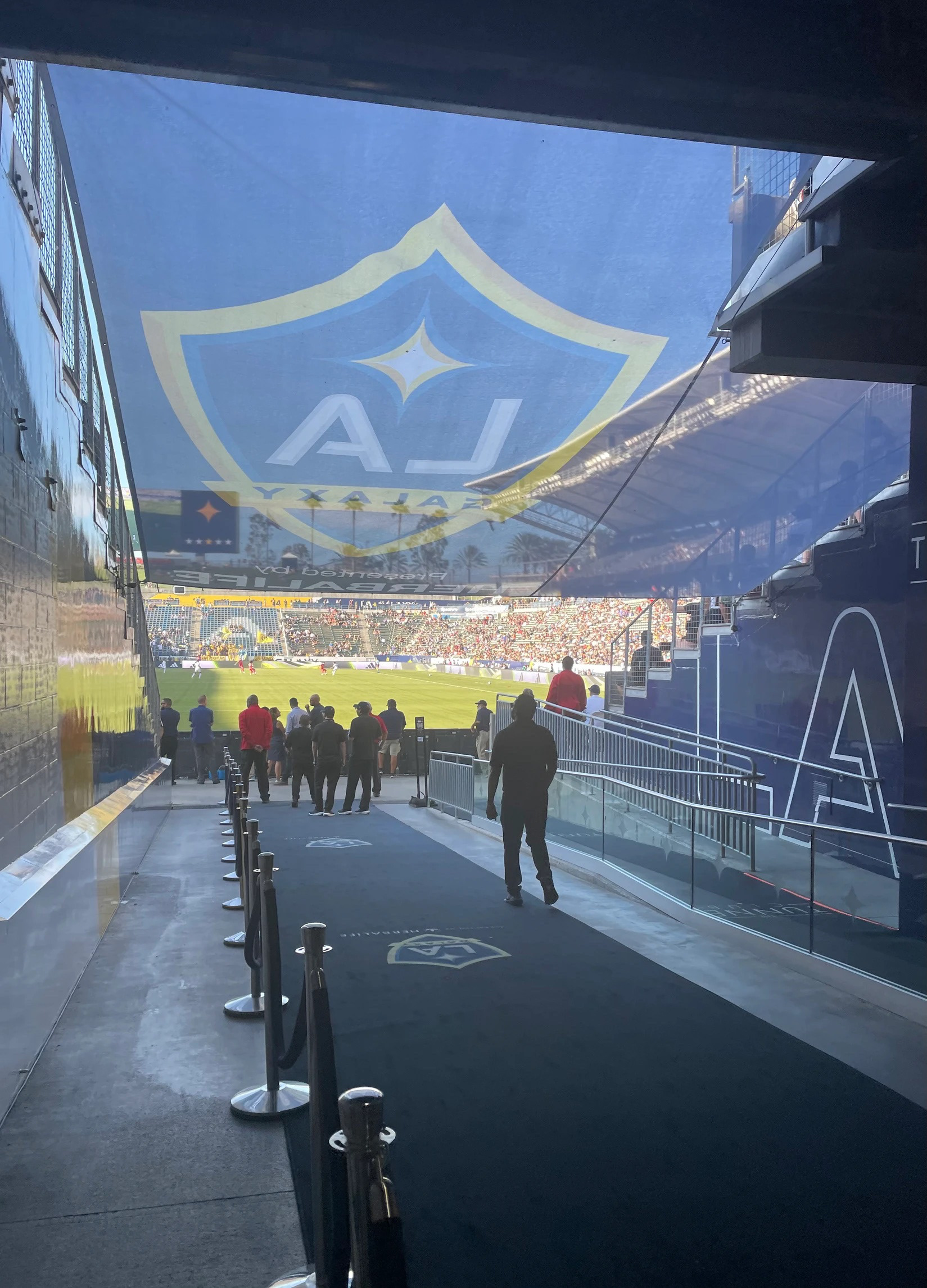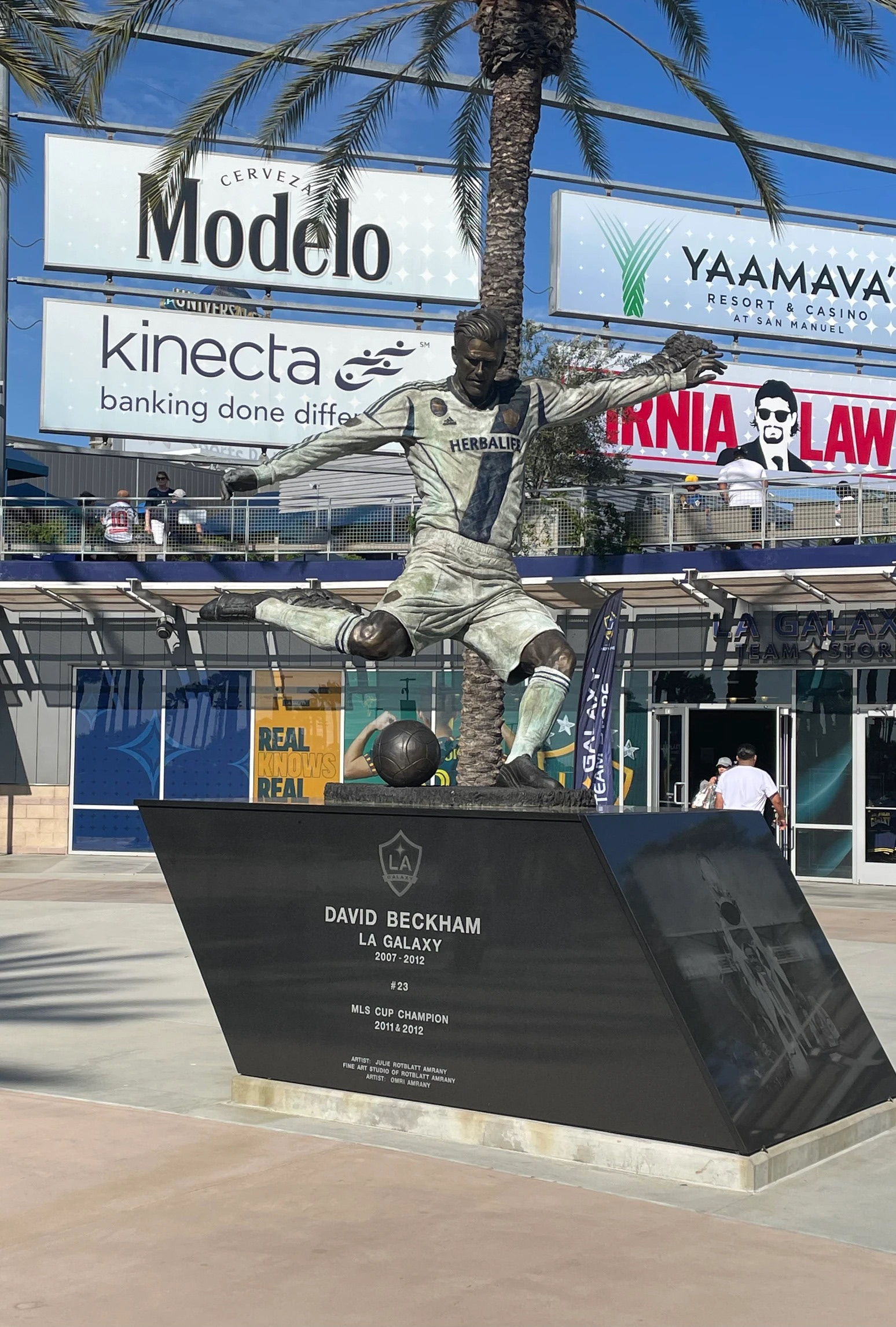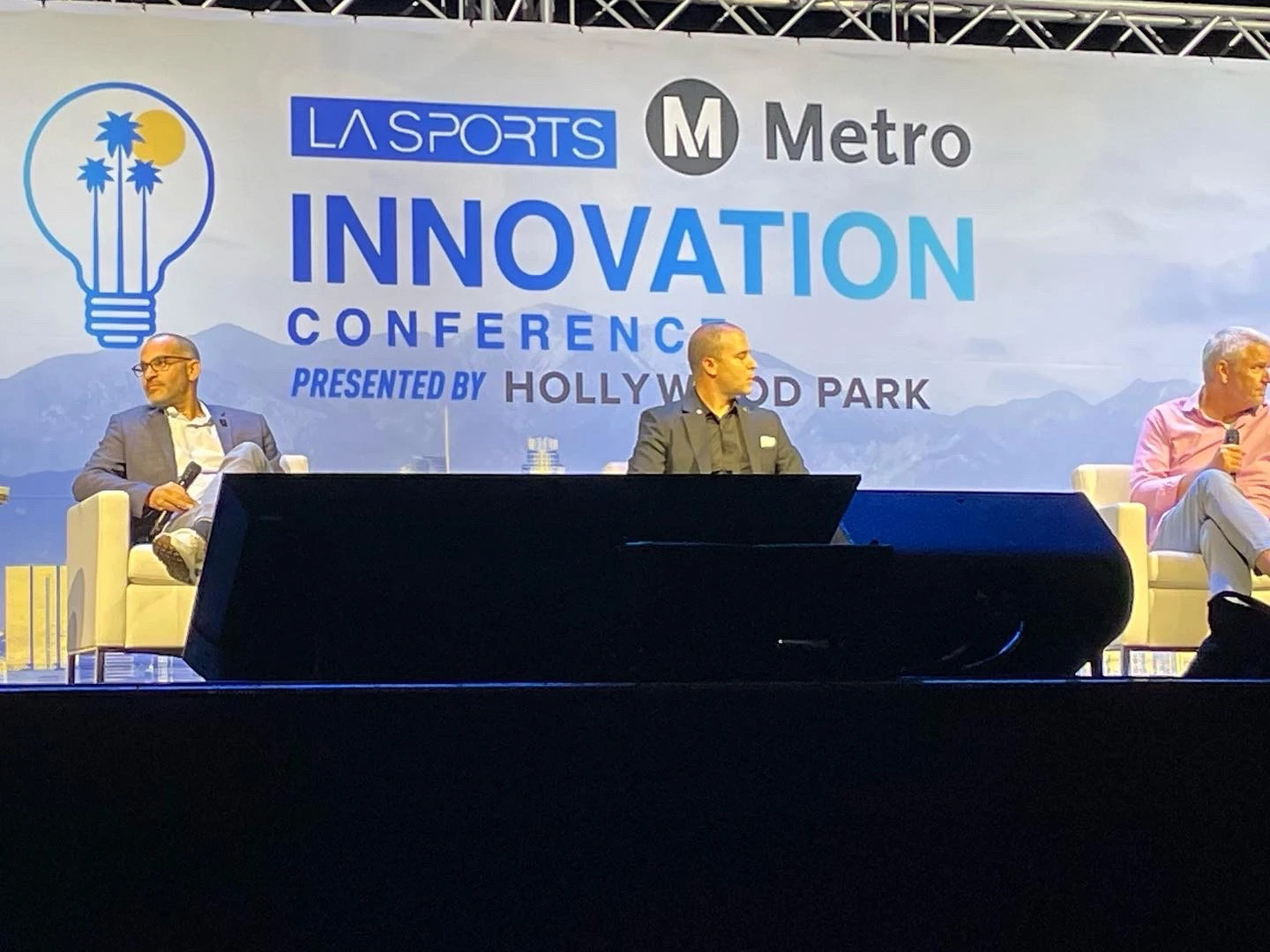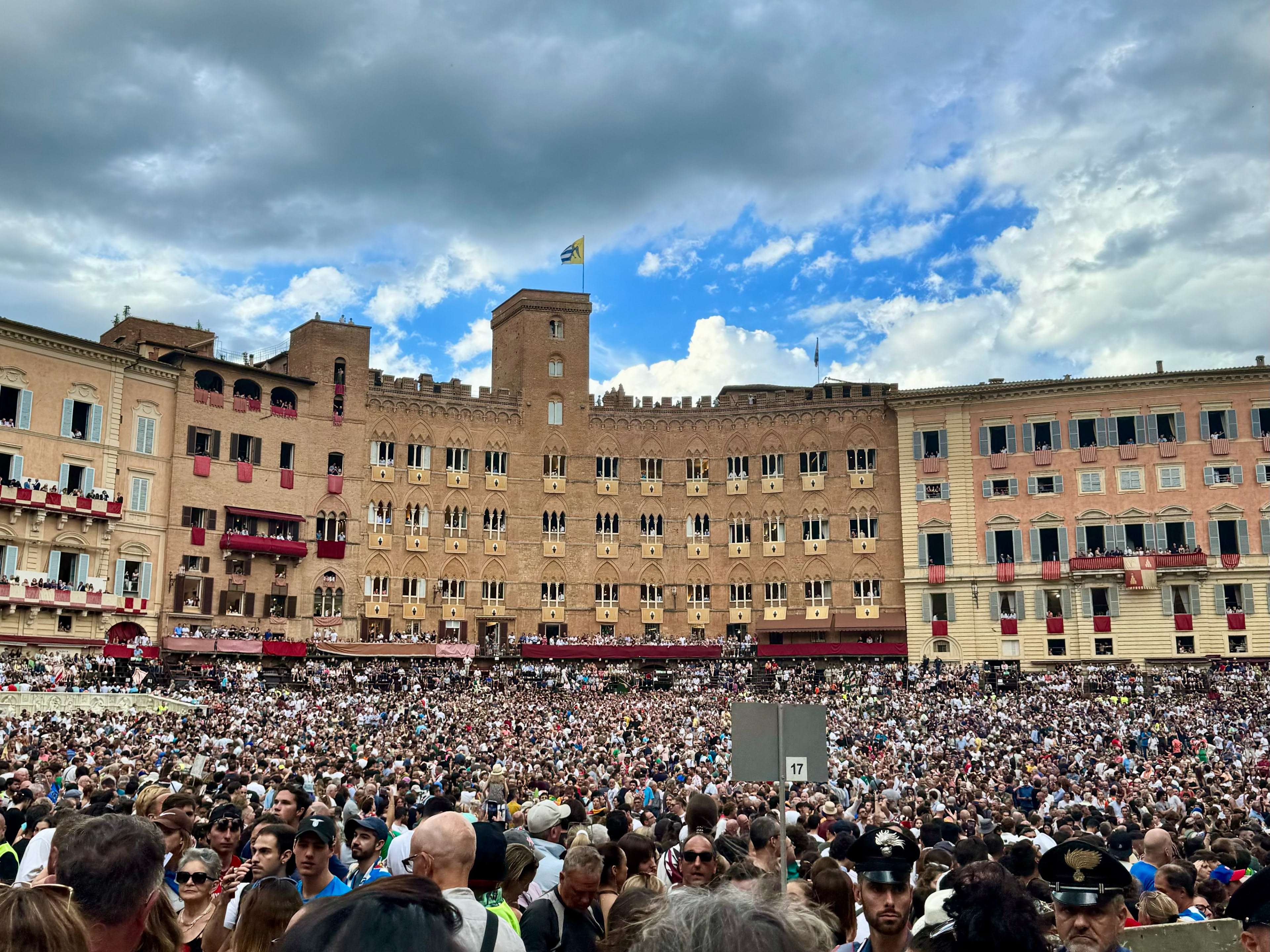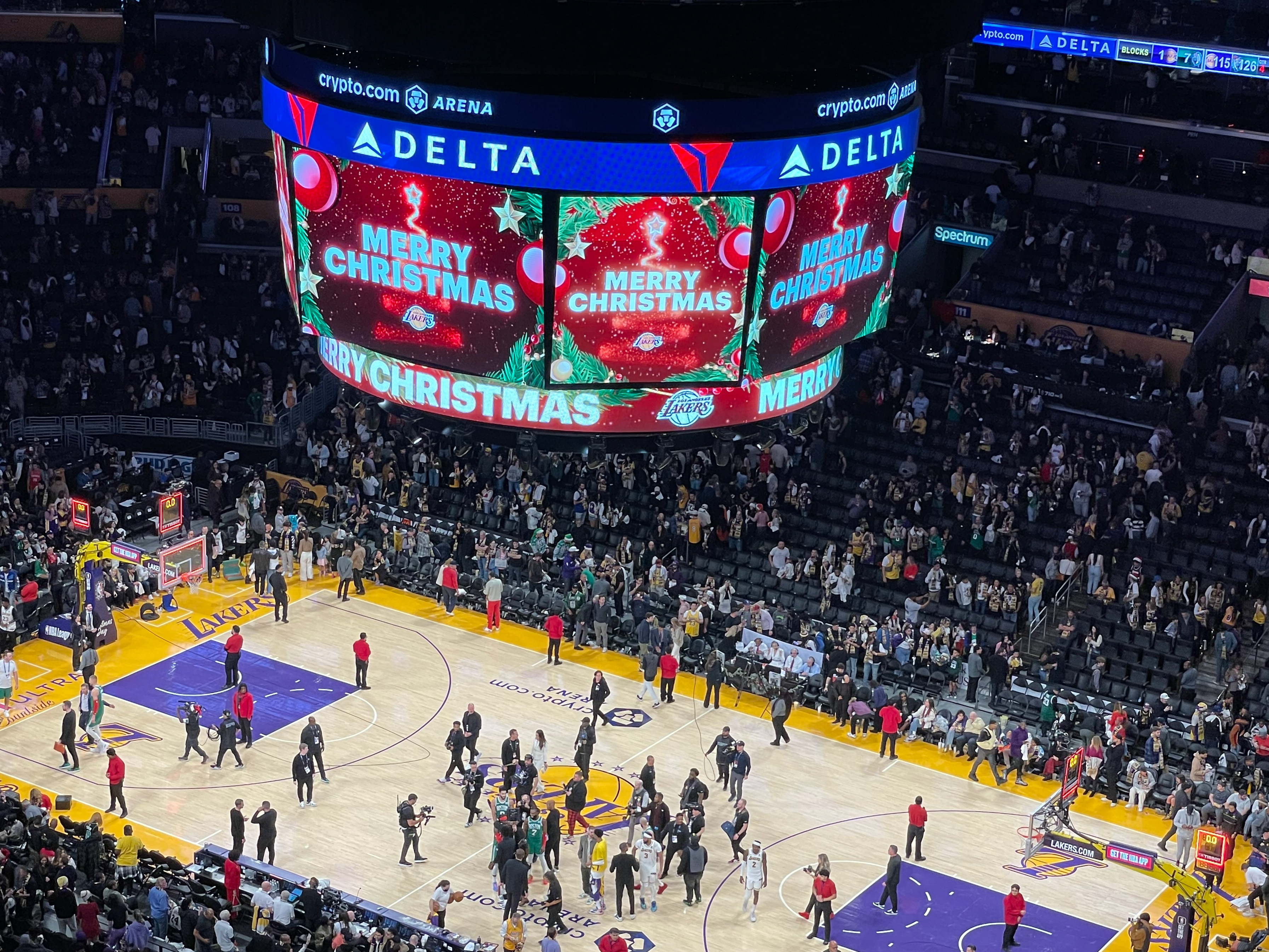In the vast world of sports economics, few signings have rippled the waters as David Beckham’s 2007 move to LA Galaxy did. Often, the monetary impacts of player signings are discussed in terms of their immediate transfer fees, but Beckham’s influence reached far beyond a one-time payment. His signing wasn’t just a tactical decision for the pitch; it was a masterstroke in sports economics. Let’s delve into how this signing revolutionized Major League Soccer’s (MLS) financial playing field.
1. Merchandising Magic
The Beckham Brand: Beckham wasn’t just another soccer player; he was (and remains) a global brand. The immediate aftermath of his signing was a massive uptick in LA Galaxy jersey sales. However, this wasn’t a mere phase or a transient boost. Beckhan’s consistent global appeal meant sustained jersey sales, providing a constant revenue stream for the club, a dream scenario for any sports economist.
2. Filling Seats
The Beckham Brand: While jersey sales are significant revenue component, they’re just the tip of the iceberg. Beckham’s presence magnified ticket sales both at home and on away games. There’s a straightforward economics principle here: increased demand can command higher prices. And Beckham’s allure did just that, potentially increasing ticket price valuations.
3. Sponsorship Surge
High-profile players attract high-profile sponsorships. With Beckham in the lineup, LA Galaxy saw enhanced interest from big-name brands wanting to associate with the team and, by extension, Beckham’s name. This elevated the entire MLS brand, making it more attractive platform for sponsorships, broadcasting deals, and international collaborations.
4. Broadcasting Boom
Globalizing MLS: Before Beckham, MLS was mostly a domestic show. Post-Beckham? The league experienced a meteoric rise in international viewership. This broader audience reach directly influenced broadcasting rights valuations. Networks, both domestic and international, were ready to pay a premium, knowing that Beckham’s presence ensured eyeballs, translating to lucrative advertising revenues.
5. The Local Boost
Beyond the Stadium: While the direct financial benefits to LA Galaxy and MLS were apparent, there’s another economic layer worth exploring. Local businesses in LA, especially those around the stadium – restaurants, bars, hotels – experienced a surge in patronage on match days. Beckham’s matches weren’t just games; they were events, drawing fans and tourists alike, boosting the local economy.
6. Paving the Way
The Future Economic Blueprint: The “Beckham Experiment,” as it’s fondly called by some analysts, set a precedent. It showcased that strategic player investments could yield multi-fold economic returns, leading the way for other MLS teams to invest in international stars. This approach has potential long-term benefits, ensuring a continuous global interest in the league, fostering economic growth.
In conclusion, David Beckham’s signing by LA Galaxy is a testament to the interplay between sports and economics. While his footballing contributions were notable, his economic impact was transformative. It underscores the potential of strategic player investments, not just in soccer but in sports at large. Beckham’s time in MLS serves as a case study, proving that sometimes, the most influential signings are those that rewrite not just the game’s tactics but its economics. This rich history and potential future promise make LA Galaxy matches an exciting spectacle, both on and off the pitch. So, why not witness this unique blend of sport and economy firsthand? Come join us and watch an LA Galaxy Game!
